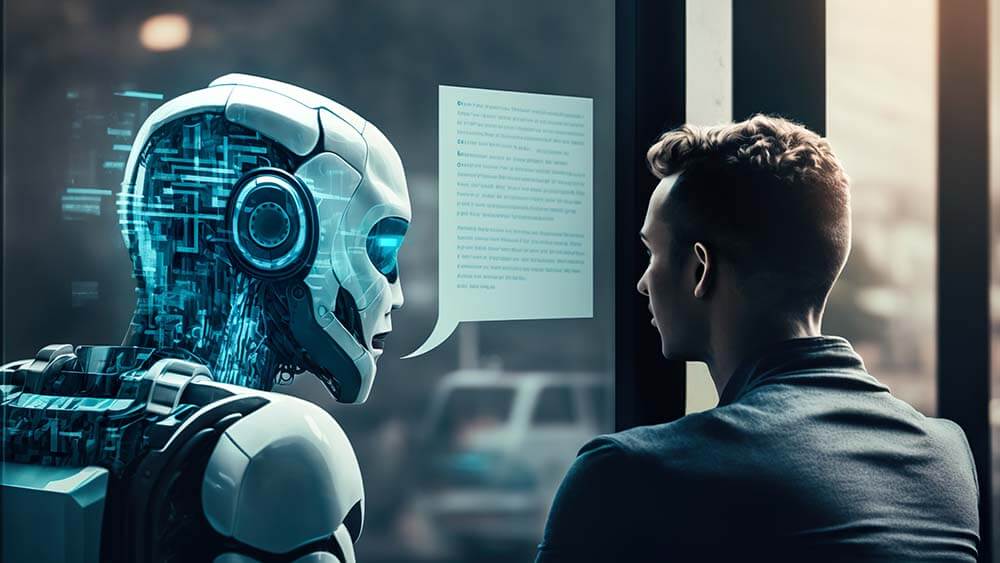

Sherrif Karamat, CAE,
President & CEO, PCMA and CEMA
Artificial intelligence has quietly been part of our lives for many years — or not so quietly, in the case of Apple’s digital assistant Siri. But it’s only been in the last few months, with the widespread accessibility of interactive tools like ChatGPT, that the reality is hitting home: It’s inevitable that AI will play a major role in all of our futures, including in our organizations and careers.
What’s also becoming clearer every day is that AI’s potential is almost mind-blowingly immense. As I was writing this, I read the news that scientists at the Silicon Valley division of Beijing-based Baidu Research have developed an AI tool that, using a desktop computer, created a greatly improved mRNA vaccine against COVID in just 11 minutes. That power, combined with AI’s rapid advancement, is not without peril. Thousands of technology leaders have called for developers to hit the pause button on certain kinds of AI, citing threats that include the potential for AI to flood social media and news channels with disinformation and to take jobs away.
It’s critical that we understand the risks of AI and create strong ethical frameworks and guardrails around its use. But the potential social and economic benefits of AI are so profound that the question is not if we will use AI, but how. And the how, I believe, must begin by putting our humanity front and center, doing all we can to make sure that AI works for us — both collectively and individually — in positive ways.
Technologists use the term “human in the loop” to refer to the fact that the best outcomes are when AI is driven by human oversight. The World Economic Forum’s “Future of Jobs Report 2023” predicts that globally, nearly a quarter of all jobs will change in the next five years, and that nearly 40 percent of all work hours could be affected by generative AI tools such as ChatGPT. Shelly Palmer, professor of advanced media
in residence at Syracuse University S.I. Newhouse School of Public Communications, puts those stats in context: “It’s not that AI is going to take your job. It’s that someone who knows how to use it well is going to take your job.”
We must be fearless in meeting the challenges of understanding how and where AI fits into our interconnected roles in the business events industry and embracing those new skills and strategies to create efficiencies and improved outcomes. We have a powerful advantage — we understand the irreplaceable value of human-to-human interaction. Working together, we will find ways in which this world-changing technology can assist and amplify what we do best, allowing us to not just survive the future, but to thrive in it.
Stay tuned for news on how PCMA will be instrumental in that effort.
The Empathy Imperative
If the future of technology is artificial intelligence, the future of leadership is empathy, according to the CEOs and management experts interviewed for the May/June cover story. Historically dismissed as a weakness or an optional soft skill, practicing empathy, they say, is not only a requirement for leading in the post-pandemic workplace, but is key to engaging workers and event participants.
